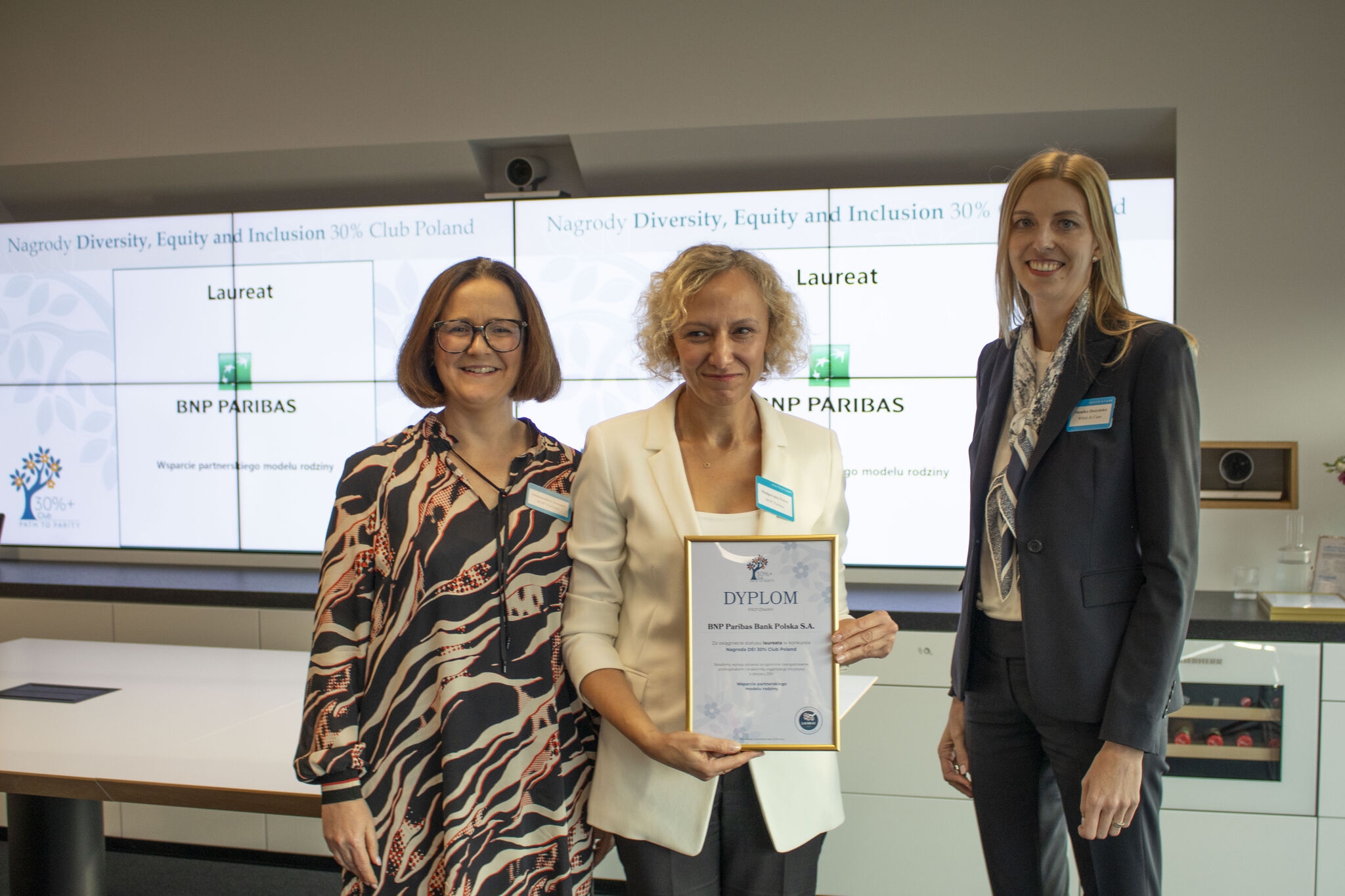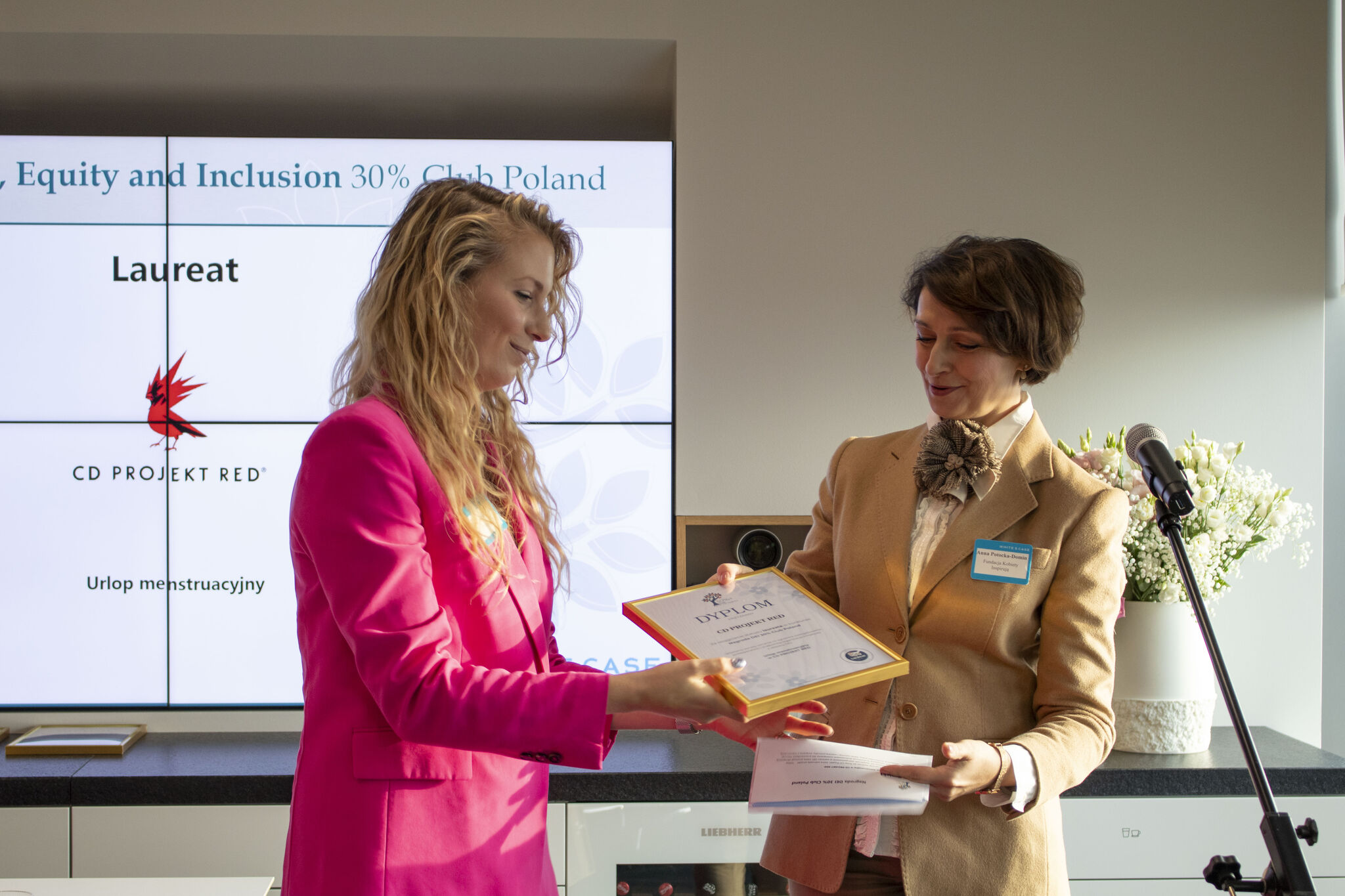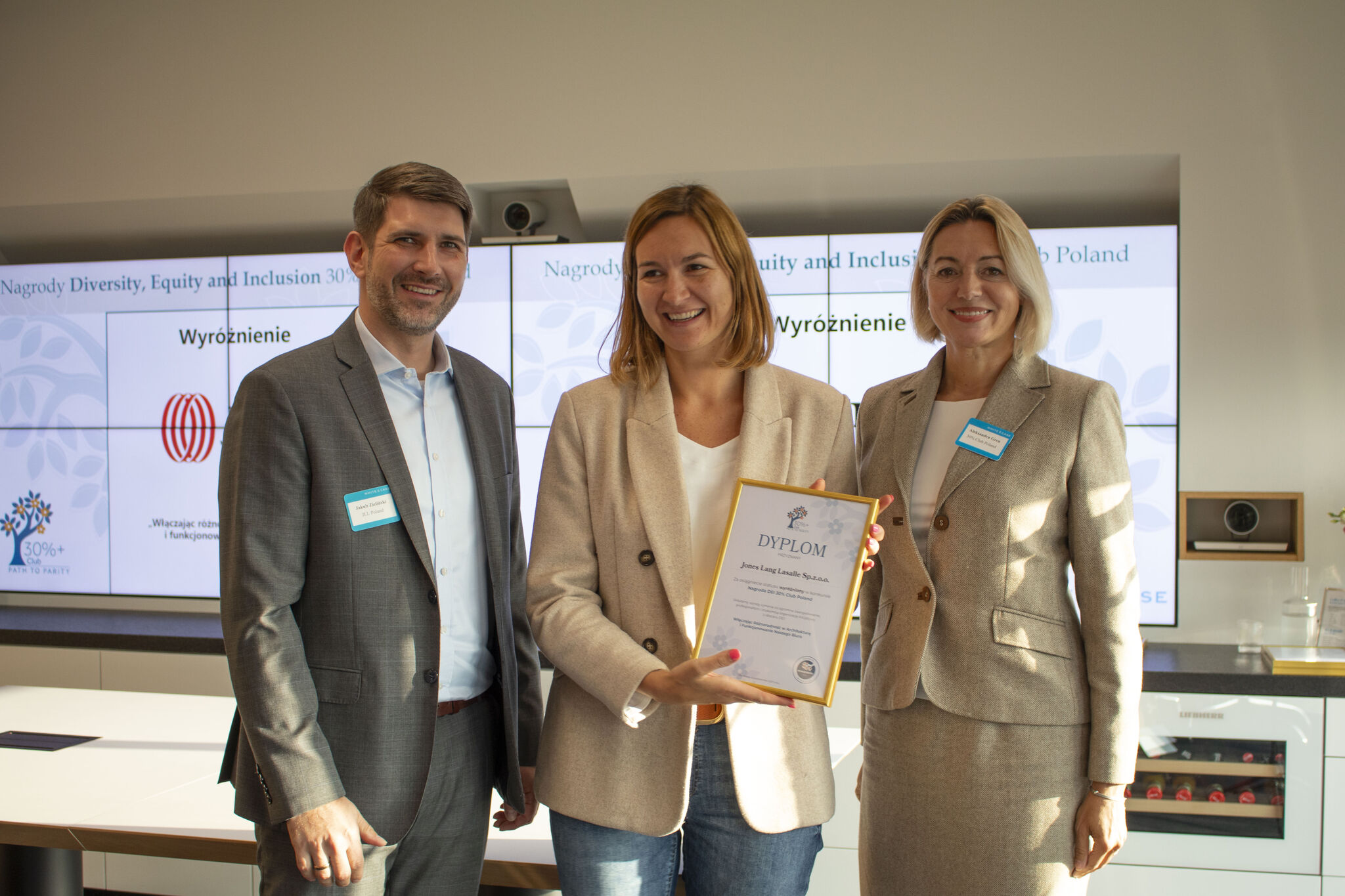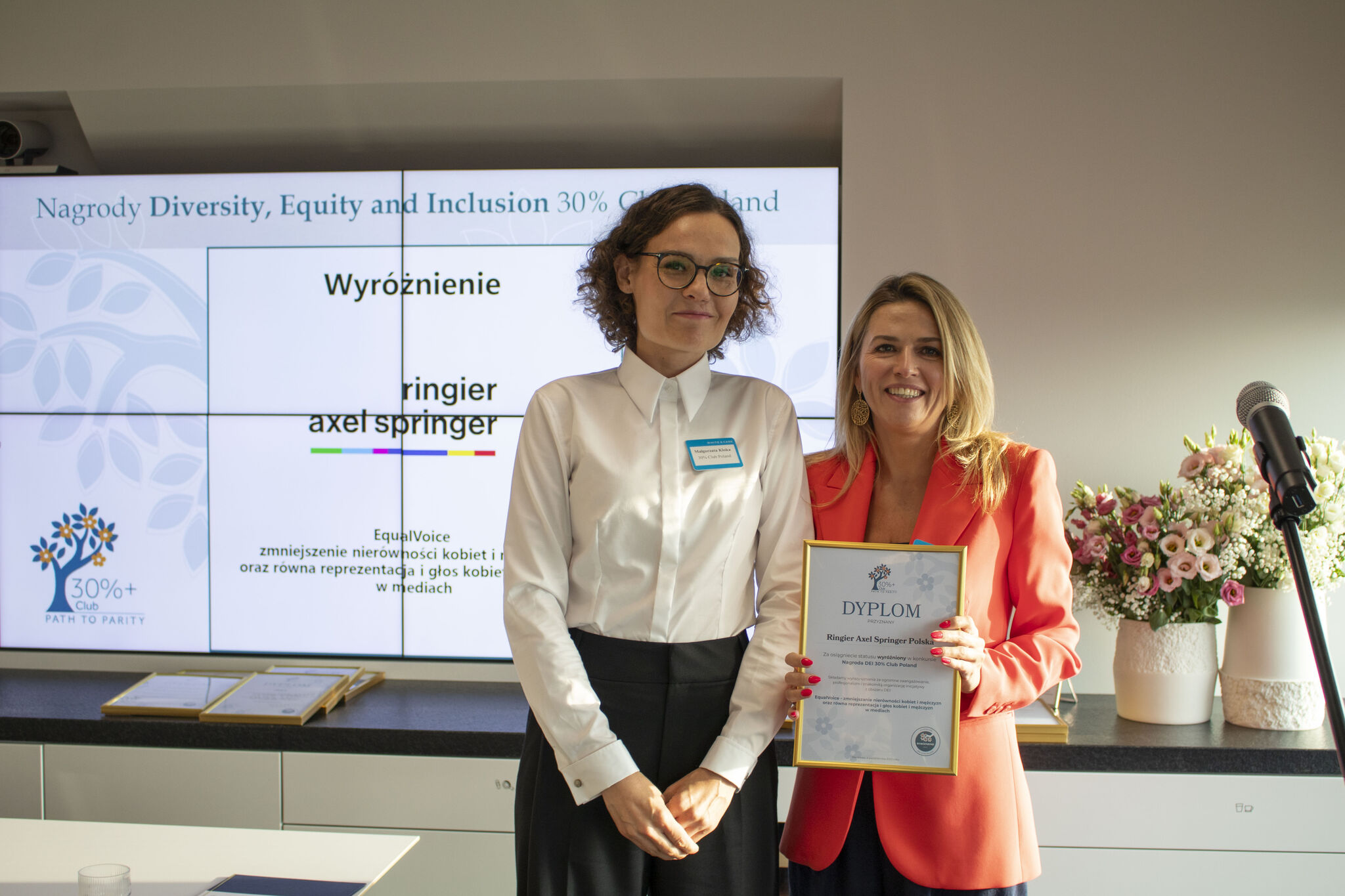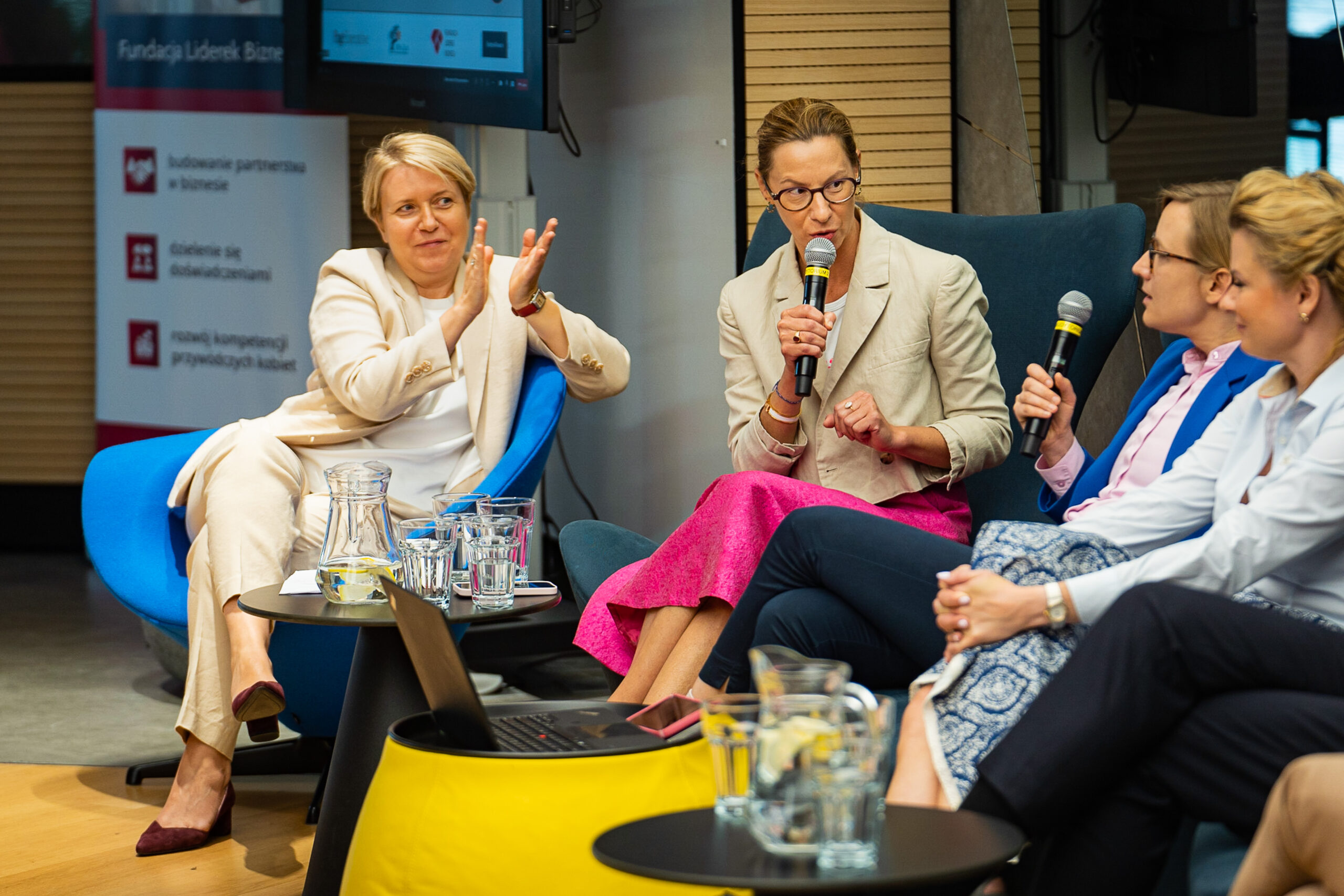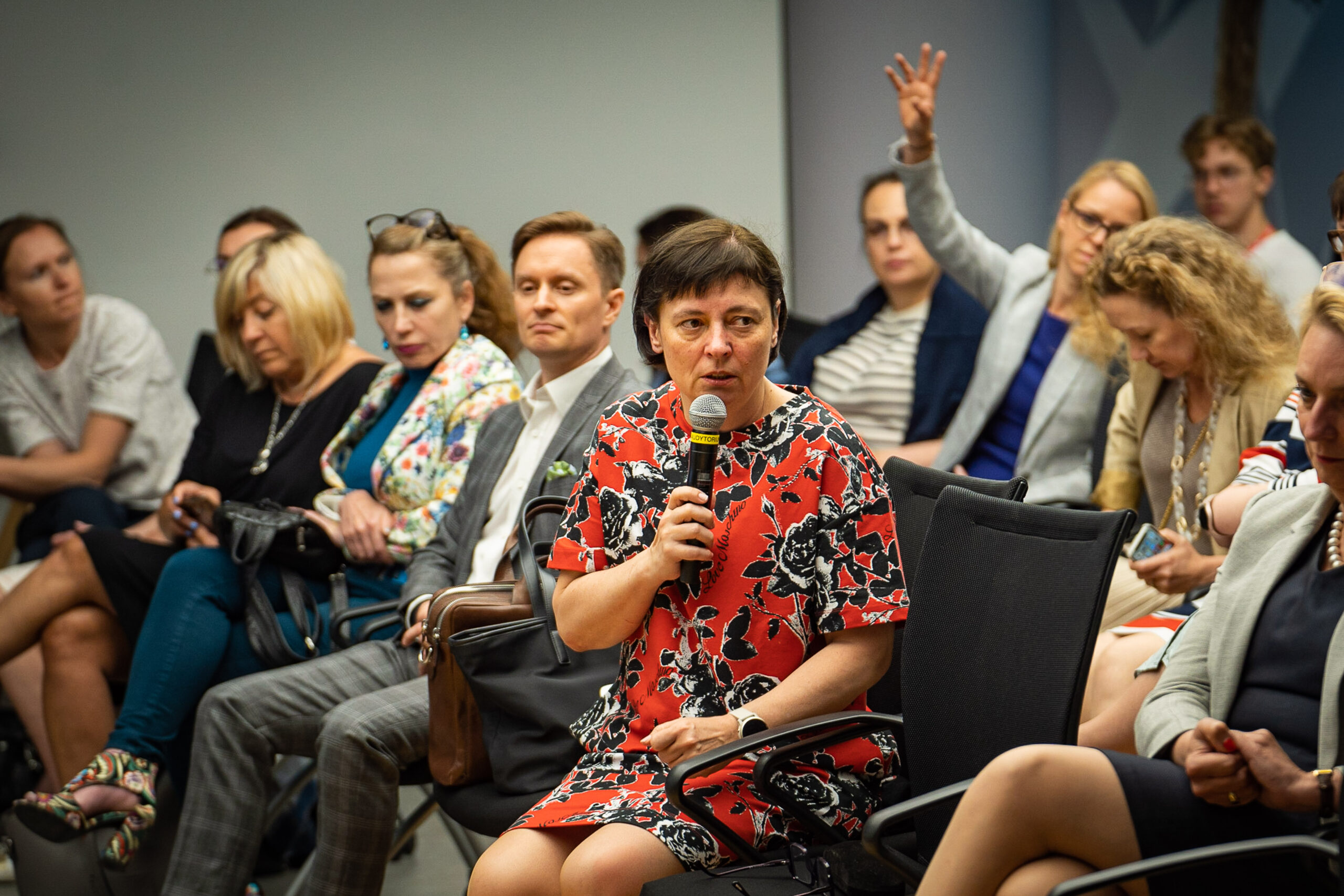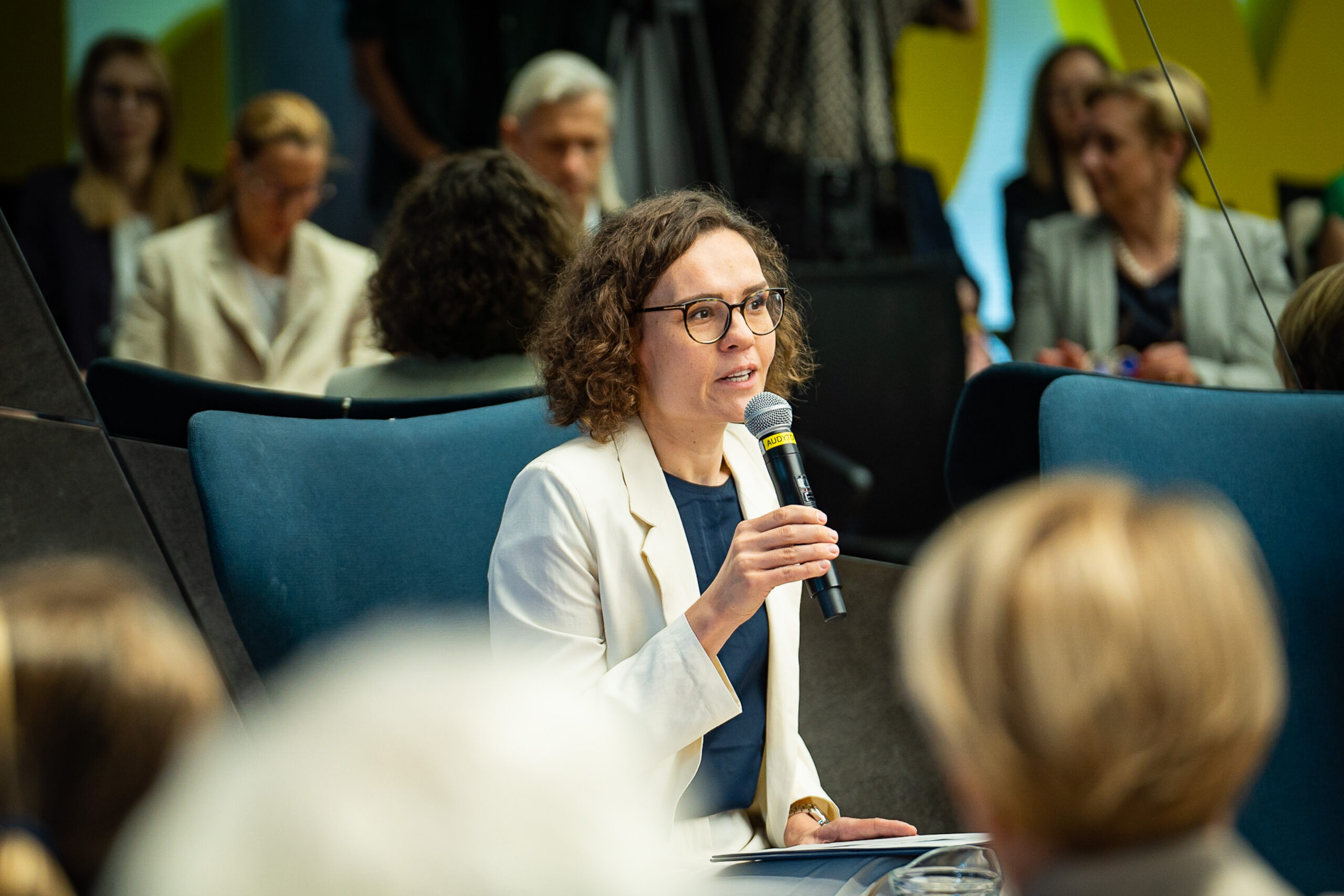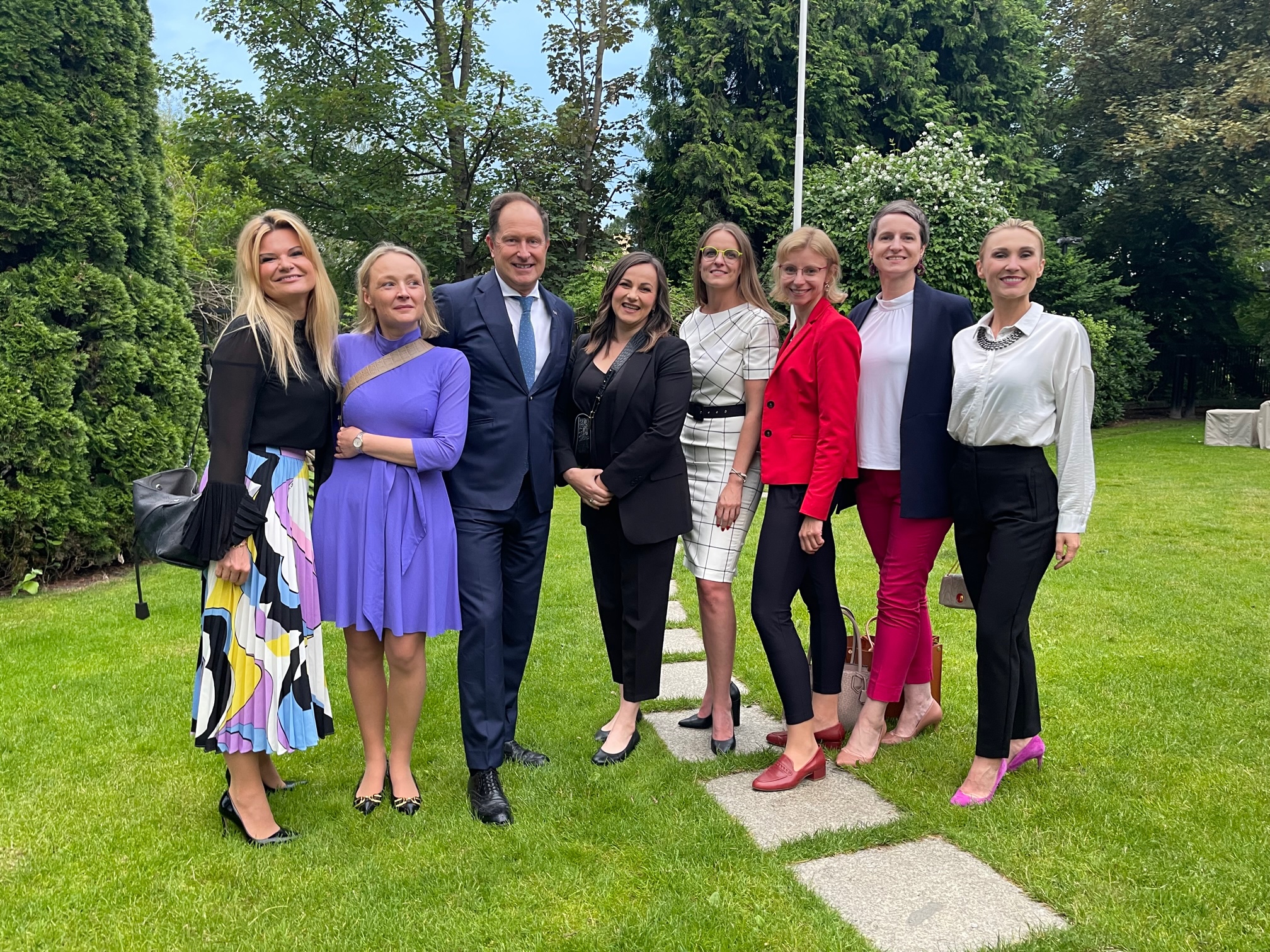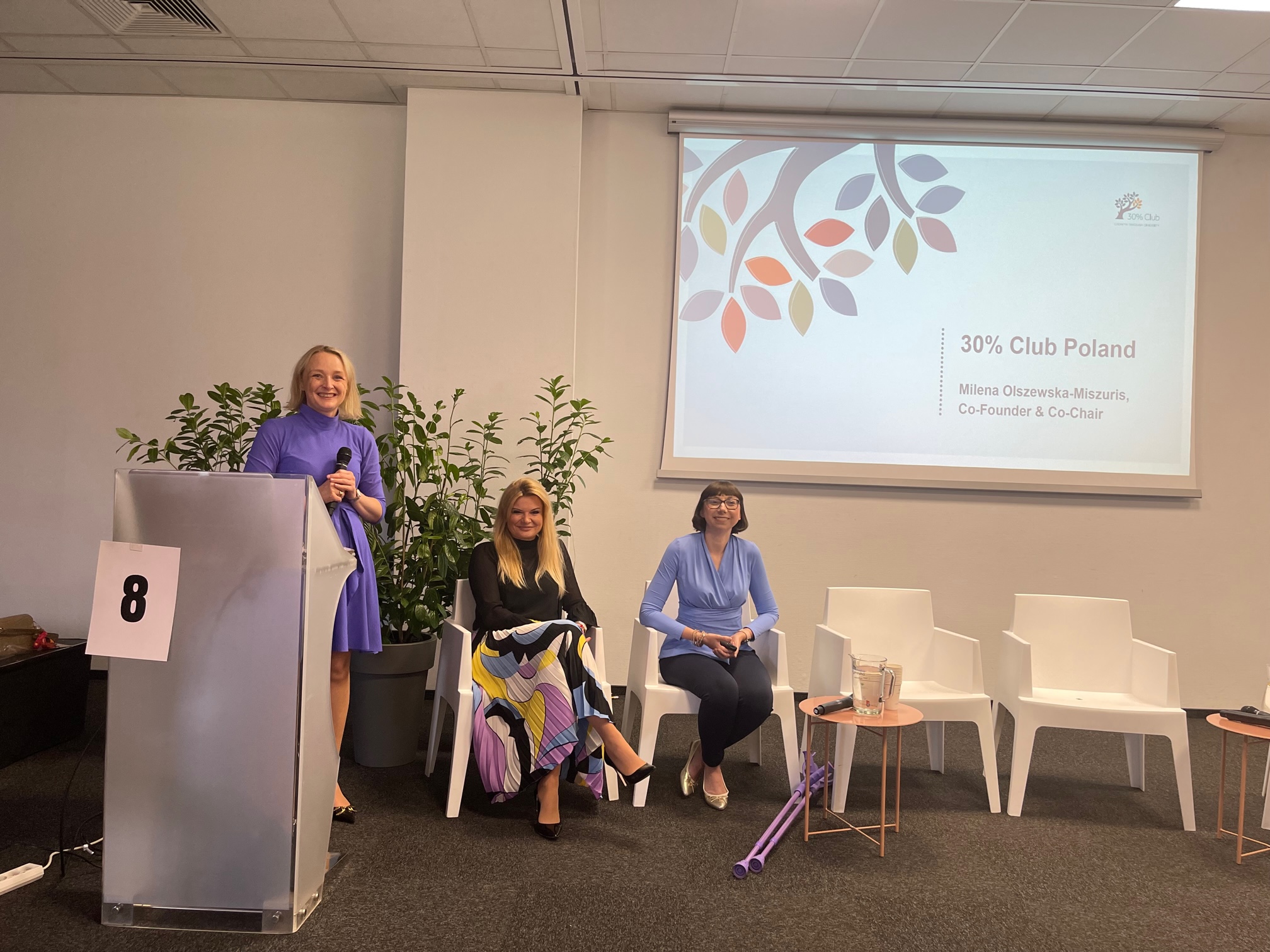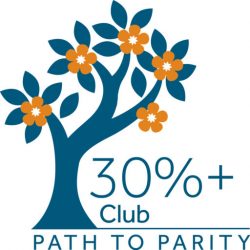Category: Community
Start studiów podyplomowych „Profesjonalna rada nadzorcza”
7 października na Akademii Leona Koźmińskiego ruszyła pierwsza edycja studiów podyplomowych „Profesjonalna rada nadzorcza”, których partnerami są 30% Club Poland i Stowarzyszenie Niezależnych Członków Rad Nadzorczych. Patronatem studia objęli ACCA Polska i UN Global Compact Network Poland.
Celem tych dwu-semestrowych studiów, prowadzonych w formule hybrydowej, jest przekazanie wiedzy niezbędnej do profesjonalnego pełnienia roli członka/ członkini rady nadzorczej oraz wskazanie najlepszych praktyk działania rad nadzorczych pozwalających na kompleksowe i efektywne sprawowanie stałego nadzoru nad działalnością spółek.
-
1NIESPOTYKANE POŁĄCZENIE TEORII Z PRAKTYKĄZespół najlepszych ekspertów z ALK, praktyków, członków i członkiń rad nadzorczych w spółkach publicznych i prywatnych z różnorodnych sektorów gospodarki. Zaproszeni prelegenci to specjaliści zarządzania ryzykiem, przedstawiciele firm Executive Search, członkinie i członkowie 30% Club Poland.
-
2KOMPLEKSOWOŚĆCałościowy program obejmujący zarówno wiedzę z zakresu prawa, finansów, zarządzania ryzykiem, ESG, budowania strategii, jak i dostęp do szeregu „przykładów z życia” spółek przedstawianych przez aktywnych, doświadczonych członków rad nadzorczych doskonale przygotowuje do pełnienia roli członka nadzorczej zarówno w spółkach notowanych na giełdzie, małych i średnich przedsiębiorstwach, spółkach komunalnych czy start-up’ach.
-
3NAUKA PRZEZ DZIAŁANIEMożliwość doświadczenia dynamiki działań i podejmowania decyzji przez rady nadzorcze i komitety oraz sprawdzenia wiedzy i umiejętności zarówno podczas symulacji posiedzenia rady nadzorczej i jej komitetów oraz w trakcie pracy nad końcowym projektem pod okiem mentorów ze Stowarzyszenia Niezależnych Członków Rad Nadzorczych.
-
4SPOŁECZNOŚĆ CZŁONKÓW RAD NADZORCZYCHBudowanie sieci kontaktów wśród szerokiego grona interesariuszy odpowiedzialnych za nominowanie członków , możliwość dołączenia do grona członków Stowarzyszenia Niezależnych Członków Rad Nadzorczych, pogłębianie wiedzy w obszarach zainteresowania rad nadzorczych.
- Kandydaci/kandydatki oraz członkowie/członkinie rad nadzorczych spółek prawa handlowego
- Kadra zarządzająca przedsiębiorstw i urzędów administracji publicznej
- Przedstawiciele/przedstawicielki administracji, jednostek samorządu terytorialnego, związków zawodowych oraz organizacji pozarządowych
- Właściciele/właścicielki firm i osoby pragnące poszerzyć swoją wiedzę z zakresu kwestii prawnych, finansowych i ładu korporacyjnego w czasach zwiększonej odpowiedzialności prawnej, a także ryzyka związanego z ESG i transformacją cyfrową
- Zarządzający/zarządzające w firmach inwestycyjnych (fundusze inwestycyjne, emerytalne, private equity, venture capital).
W pierwszej edycji bierze udział 30 uczestników i uczestniczek. Kolejna edycja już w październiku 2024 roku.
Nagrody DEI 30% Club Poland przyznane
4 października 2023 roku w siedzibie kancelarii White & Case w Warszawie miało miejsce przyznanie Nagród DEI 30% Club Poland. Z 54 zgłoszeń Kapituła Konkursu wyłoniła 5 Laureatów i 8 Wyróżnionych.
Podstawowym celem było zgromadzenie faktycznie realizowanych inicjatyw DEI, które m.in. mogą stanowić źródło pomysłów i inspiracji dla innych przedsiębiorstw. Najciekawsze inicjatywy zostaną także przedstawione w aktualizacji przewodnika DEI pierwotnie opublikowanego przez 30% Club Poland w styczniu 2023 roku. W konkursie mogły wziąć udział przedsiębiorstwa, które zaprezentowały konkretne case studies – już zrealizowane lub trwające projekty związane z inicjatywami DEI.
W konkursie „DEI 30% Club Poland” laureatami zostało 5 firm z najciekawszymi – według Kapituły Konkursu – inicjatywami:
-
Ikea. Nagroda przyznana za „Urlop Ojcowski IKEA”.Inicjatywa promuje równość w rodzicielstwie, oferując wsparcie dla różnych grup pracowników, uwzględniając elastyczność i indywidualizm.
-
CD Projekt RED. Firma wdrożyła projekt „Urlop menstruacyjny”Promuje akceptację różnic biologicznych. Inicjatywa ta dostarcza dostosowane rozwiązania dla pracowników, tworząc przyjazne i elastyczne środowisko pracy, które rozumie i wspiera potrzeby związane z menstruacją.
-
BNP Paribas. Nagroda za inicjatywę „Wsparcie partnerskiego modelu rodziny”Przyczynia się do rozwijania kompetencji ojców, promowania równouprawnienia rodziców oraz oferuje wsparcie i edukację dla wszystkich rodziców, tworząc bardziej równoprawne i inkluzywne środowisko pracy.
-
Abris Capital Partners. Projekt „DEI CODE – polityka wdrażania zasad różnorodności w spółkach portfelowych funduszu Private Equity”Stanowi istotny wkład w promowanie różnorodności, równości i inkluzji w spółkach portfelowych funduszu private equity. To także przykład spojrzenia na kwestie DEI ze strony inwestorskiej.
-
BASF Polska. Kampania społeczna „Chemia jest Kobietą”nie tylko podnosi rangę różnorodności płciowej, ukazując kobietom inspirujące przykłady sukcesów w branży chemicznej, ale również aktywnie dąży do eliminacji szkodliwych stereotypów, które od dawna utrwalały nierówności płciowe w miejscu pracy.
Poza laureatami, Kapituła Konkursu wyróżniła też osiem innych projektów:
-
Lidl. Wyróżnienie przyznane za „Lidl Fair Pay”m.in. ze względu na aktywną rolę w promowaniu równości płacowej między płciami w różnych sektorach gospodarki.
-
KrukFirma została wyróżniona ze względu na jej wyjątkowe zaangażowanie w promowanie inkluzywnej kultury organizacyjnej, szczególnie w kontekście równości płci (m.in. wprowadzenie feminatywów oraz niski Gender Pay Gap).
-
JLL. Inicjatywa firmy „JLL Włączając Różnorodność w Architekturę i Funkcjonowanie Naszego Biura”to zdecydowany krok naprzód w dążeniu do stworzenia bardziej dostępnego, przyjaznego i inkluzywnego środowiska pracy.
-
Ikea. Program firmy „Liczą się umiejętności”to aktywne wspieranie osób z doświadczeniem uchodźczym w zdobyciu doświadczenia zawodowego i znalezieniu pracy w Polsce, przeciwdziałając wyzwaniom związanym z dyskryminacją i wykluczeniem społecznym.
-
Fundacja Integralia. Wyróżnienie za program „Sprawny Staż”który wspiera zwiększenie zatrudnienia studentów i absolwentów z niepełnosprawnościami, a także promuje tę ważną ideę w miejscu pracy.
-
Ringier Axel Springer Polska. Projekt firmy „EqualVoice – zmniejszanie nierówności kobiet i mężczyzn oraz równa reprezentacja i głos kobiet i mężczyzn w mediach”podejmuje m.in. działania na rzecz zwiększenia reprezentacji kobiet, wspiera ekspertki, a także działa na rzecz równości płci zarówno wewnętrznie w firmie, jak i na zewnątrz. Firma monitoruje także udział głosu kobiet i mężczyzn w swoich serwisach.
-
Mastercard. Wyróżnienie za wprowadzenie programu 16-tygodniowego urlopu dla rodzicówProgram ten wyróżnia się wsparciem równouprawnienia płci, elastycznością, eliminacją luki płacowej, wsparciem wspólnoty pracowniczej oraz efektywnym zarządzaniem czasem.
-
BNP Paribas. Program firmy „WomenUP”wyróżnia się wspieraniem rozwoju osobistego, promowaniem równouprawnienia, zaangażowaniem pracowniczek w procesy zmian, efektywnością w tworzeniu innowacyjnych projektów oraz wzmacnianiem wspólnoty pracowniczek, co stanowi kluczowe aspekty inicjatyw DEI.
Po oficjalnej części, w trakcie networkingu, mieliśmy okazję zapoznania się z Varsavianistyczna kolekcją zdjęć
Profesjonalną fotorelację z wydarzenia wykonała Monika Pietraszek
30% Club Malaysia and Heriot-Watt University Malaysia host “Equipping Leaders, Bridging Gaps” celebration
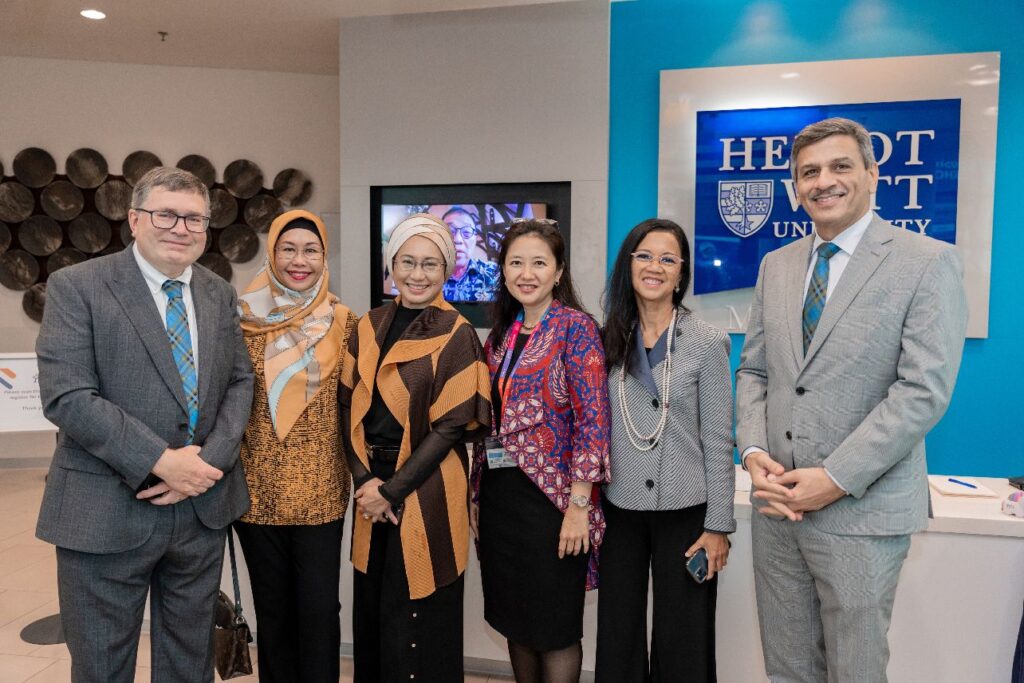
The 30% Club Malaysia and Heriot-Watt University Malaysia in collaboration with Edinburgh Business School, Heriot-Watt University today hosted the “Equipping Leaders, Bridging Gaps” celebration, a tribute to our remarkable past and present scholars who were recipients of the “Shaping Entrepreneurial Women” scholarship which was incepted in 2017.
Guests were privileged to have heard from a panel of inspirational scholarship recipients who shared heartfelt stories of their journeys towards completing their MBA programs.
These stories underscored the profound impact that life’s circumstances can have on one’s path, and the determination to empower not just themselves but women like them.
Prof. Mushtak Al-Atabi, Provost and CEO of Heriot-Watt University Malaysia, spoke about the legacy of purpose-driven women leaders at the university, stretching back over two centuries when it all began with Mary Burton, who successfully campaigned for the admission of women students on equal terms to men in 1869, twenty-three years before legislation required Scottish universities to do so.
Dato’ Ami Moris further highlighted how the scholarship aligns with the 30% Club’s role in activating Chairs and CEOs of companies to the 30% Club objectives, while nurturing a community of empowered women leaders that inspire others through an alliance built upon shared purpose and values, and where gender diversity is a norm.
Our heartfelt gratitude goes out to our scholars Sharmila Gunasekaran, RPh, MBA, Catherine M. and Sarania Sukumaran who candidly shared their experiences of how the scholarship has transformed their lives, providing hope and lighting their path forward.
We also extend our thanks to our moderator, Vani Mahadevan for skillfully bringing out these powerful stories that resonated well with our audience.
Congratulations Cohort 8!
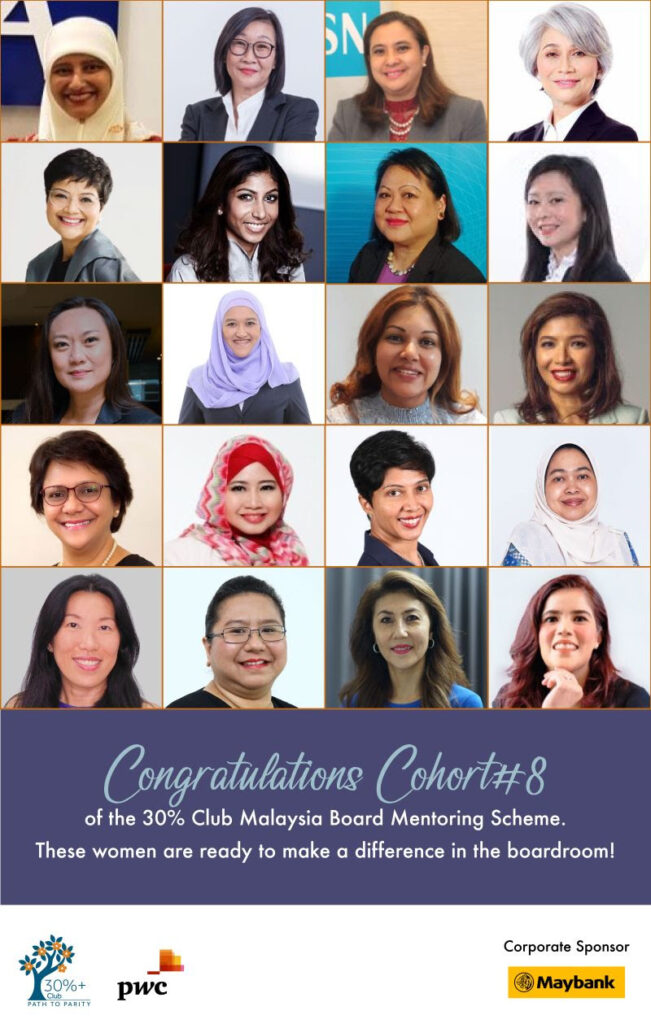
Early last month, the 30% Club Malaysia celebrated the completion of Cohort 8 of the 30% Club Malaysia’s Board Mentoring Scheme.
The nine-month journey for the Cohort 8 was transformative. While the primary goal was to prepare for board roles, it naturally evolved into a process of self-discovery.
The cohorts had the opportunity to recognise their strengths, summon the courage to step out of their comfort zones, and make intentional career decisions that aligned with their core values and ambitions.
During the event, the 30% Club Malaysia also warmly welcomed Cohort 9 into the fold of their Board Mentoring Scheme. The occasion was graced by the presence of distinguished guests, including Tan Sri Abdul Wahid Omar, Chair of Bursa Malaysia, and WWF Malaysia.
Research Collaboration with Monash University Malaysia
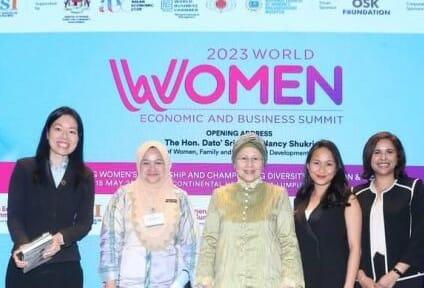
30% Club Malaysia is thrilled to share a dynamic research collaboration with Monash University Malaysia’s School of Business.
What started as a serendipitous meeting between our Co-Lead of the Influence Pillar, Rejina Rahim, and Professor Grace Hooi, Head of the Economics Department, at a March 2022 event, has blossomed into something remarkable.
The result of which is one of the PhD students took on the research to examine the impact of female representation at decision-making levels on corporate performance on Bursa Malaysia’s public-listed companies (PLCs).
The research found that for every 10-percentage point increase in the representation of women on boards and female executives, there was a significant improvement of 1.4% and 1.2% on the return on investment.
30% Club Malaysia strongly believes that the path to getting Malaysia’s economic engine fired up for a sustainable future lies in empowering all segments of society.
A path towards gender parity and the all-encompassing stakeholder economy has the potential of contributing up to USD50 billion to Malaysia’s GDP according to McKinsey’s Global Institute study in 2018. With this recent finding by Monash University. Malaysia alongside the growth of women representation on Bursa’s PLCs, we hope to see that the ROI numbers grow in tandem for the benefit of all.
Read about it here. Also read about Navigating the Gender Pay Gap: Occupational Insights and Business Strategies in Malaysia here
„Świadome przywództwo” wydarzenie 30% Club Poland, Fundacji Liderek Biznesu, Page Executive
28 czerwca 2023 na wspólnym wydarzeniu na wspólnym wydarzeniu 30%Club Poland, Fundacja Liderek Biznesu i Page Executive pod patronatem Fobes Women Polska dyskutowaliśmy o świadomym przywództwie – czym jest i dlaczego jest tak ważne w kontekście działań DEI (Diversity, equity and inclusion).
Inspiracją do spotkania były niedawno wydane raporty 30% Club Poland, Fundacja Liderek Biznesu i Page Executive przedstawione przez Małgorzatę Klokę, Monikę Jezierską oraz Agnieszka Kulikowską, które pokazują, że:
- kobiety wciąż stanowią mniejszość we władzach polskich spółek,
- progres jest niezwykle wolny,
- a w miejscu pracy panie często spotykają się ze stereotypami i barierami, które utrudniają im progres kariery.
W drugiej części spotkania Aleksandra Karasiński, redaktorka naczelna Forbes Women Polska poprowadziła żywiołową dyskusję, w której:
-
Natalia WłodarskaMówiła o byciu inkluzywnym świadomie i intencjonalnie, o budowaniu inkluzywnej kultury od samej góry oraz o wyrównywaniu szans – również przez procedury i procesy. Wskazała też na ogromną pasję i zaangażowanie w obszarze DEI pracowników ze wszystkich krajów grupy Warner Bros Discovery.
-
Aniela HejnowskaOd ponad 15 lat zaangażowana w inicjatywy kobiece, opowiedziała o tym, jak była świadkiem zmian zachodzących w Francji po wprowadzeniu parytetów. Podkreśliła, że ważne jest partnerstwo mężczyzn, również w biznesie, ale też niezwykle istotne jest wsparcie kobiet nawzajem, co spotkało się z owacją z sali.
-
Monika JezierskaPodzieliła się praktycznymi rozwiązaniami wspierającymi kobiety w miejscu pracy (takimi jak mentoring, ścieżki rozwoju bez roli sprzedażowej, częściowe etaty), ale też wskazała na potrzebę pracy kobiet nad tym, że jesteśmy ‘good enough’ i na to, że żeby być na samej górze nie trzeba być ‘Rambo’.
-
Agnieszka KulikowskaKontynuowała wątek praktycznych rozwiązań i zaapelowała, abyśmy byli wymagający wobec HRowców i zewnętrznych rekruterów i nie akceptowali list kandydatów, na których nie ma diversity. Podkreśliła również skuteczność sponsoringu. Wskazała również na dużą rolę mężczyzn pod kątem ich sojusznictwa.
-
Marcin PetrykowskiZarysował perspektywę inwestorów i akcjonariuszy, pokazując, że akcjonariusz przyszłości rozumie, że diversity „is the right thing to do”. Podał też przykład funduszu, w którym inwestycje są rozważane tylko wtedy, jeśli przejdą weryfikację komitetu ESG. Podkreślał konieczność wspólnej pracy, ale też zachęcał kobiety, aby wykorzystywały możliwości, które pojawiają się na ich ścieżce kariery.
-
Paweł BandurskiOpowiedział o swojej drodze do DEI. Pracował w organizacji z wysokim poziomem różnorodność i dopiero udział w programie mentoringowym i współpraca z kobietami z innych firm i branż pozwoliła mu zrozumieć skalę problemu. Podkreślał wagę KPI i pokazywania korzyści płynących z różnorodności; podkreślił, że w długim terminie najlepszą inwestycją jest wychowywanie i edukowanie kolejnych pokoleń.
-
Aleksandra KarasińskaPodkreśliła znaczenie danych – dane otwierają oczy, również dziennikarzom; to dzięki danych mamy ten moment ‘aha’. Dyskusję niezwykle trafnie podsumowała, mówiąc, że było to spotkanie inne niż wszystkie, z wysokim poziomem szczerości argumentów.
Wszyscy uczestnicy wskazywali na to, że potrzeba ‘tone from the top’, skoordynowanych działań na wielu płaszczyznach oraz współpracy. To nie My Kobiety, czy Wy Mężczyźni, tylko #TerazMyRazem.
30% Club Poland debiutuje na Perspektywy Women in Tech
14 czerwca 2023 30% Club Poland zadebiutował na Perspektywy Women in Tech możemy uznać. Bardzo się cieszymy, iż nasze spotkanie „Women go boards”, współorganizowane z Ennbow i EWOB cieszyło się tak dużą frekwencją.
Wydarzenie rozpoczęła Katarzyna Piasecki, założycielka Ennbow, inspirując uczestniczki do sięgania po najwyższe stanowiska i siostrzeństwa. Następnie Milena Olszewska-Miszuris, Co-Chair 30% Club Poland przedstawiła wyniki badania „Niech nas usłyszą! Głos kobiet w korporacjach” przeprowadzone wraz z UN Global Compact Network Poland, pokazującego aspiracje respondentek oraz bariery i stereotypy, z którymi się spotykają.
Aby spółki spełniały cele 30% Club Poland oraz wymogi Dyrektywy „Kobiety we władzach” były spełnione, wiele kobiet powinno zasilić szeregi zarządów i rad nadzorczych. Celem EWOB jest wykształcenie 1 000 „board ready” kobiet w całej UE. O programach C-suite i Board readiness EWOB mówiła Monika Jezierska, członkini zarządu Fundacja Liderek Biznesu.
Mocno oczekiwanym elementem spotkania był panel prowadzony przez Iweta Opolska, członkinię Komitetu Sterującego 30% Club Poland, która namówiła prelegentów do osobistych przemyśleń na temat ich różnorodnych ścieżek kariery.
-
Aleksandra Hamryszak, członkini zarządu Helbling TechnikMówiła o swojej drodze od małej miejscowości do władz szwajcarskiej spółki podkreślała, jak ważne jest branie odpowiedzialności za swoje działania, odwaga i podejmowanie ryzyk, oprócz ciężkiej pracy i rozwoju własnych kompetencji
-
Magdalena Magnuszewska, prezeska Inelo, członkini 30% Club PolandMówiła o swojej nielinearnej karierze i ważnej decyzji rozwojowej, którą podjęła, przechodząc ze stanowiska partnerki w funduszu private equity do prezeski zarządu dużej korporacji. Podkreślała także wagę mentoringu i nie ukrywała, iż każda tak duża decyzja wiąże się z pewną ceną i ryzykiem.
-
Jarosław Królewski, prezes SynerisePrzeniósł nas w przyszłość, w której dzięki #AI i technologii dostęp i poziom wiedzy liderów będzie ten sam, a kobiece kompetencje mogą być cennym wyróżnikiem. Liderzy i liderki przyszłości to osoby umiejące współpracować w grupie i inspirować innych do działania.
-
Monika JezierskaMówiła o tym, jak ważne jest powiedzenie sobie, iż jesteśmy wystarczające (We are enough!) i poszukiwanie role models, którymi możemy się inspirować. Podkreślała też wagę umiejętności stawania granic, także w pracy, oraz rezygnacji z perfekcjonizmu, co ułatwi dziennie życia zawodowego z czasem na rodzinę czy prywatne pasje.
-
Ewa DrozdZostawiła uczestniczki w wieloma praktycznymi wskazówkami, m.in. o tym, jak ważne jest planowanie, systematyczne działanie krok-po-kroku w kierunku wyznaczonego celu, celebrowanie nawet małych sukcesów, rozliczanie swoich planów i refleksja.
Wisienką na torcie było zaproszenie Bianki Siwińskiej, pomysłodawczyni Perspektywy Women in Tech, do rezydencji Ambasadora Stanów Zjednoczonych Ameryki, Marka Brzezinski, wspierającego wydarzenia.
Bardzo wszystkim dziękujemy i zapraszamy za rok!
Board Profile Writing Masterclass – What Our Mentees Say?
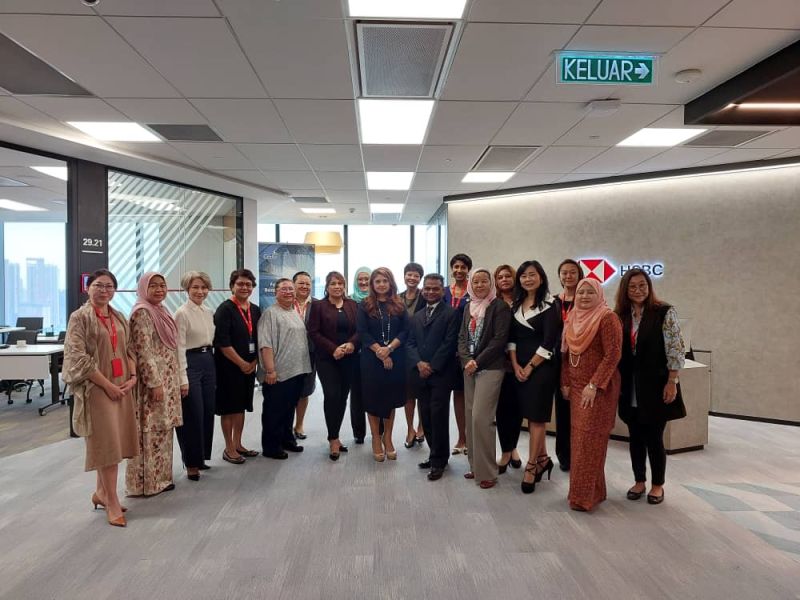
Recently, the 30% Club Malaysia together with CnetG Asia and HSBC Bank Malaysia Berhad organised the Professional Board Profile Writing Masterclass Programme for mentees of 30% Club Malaysia Board Mentoring Scheme.
The programme which has been running for the past three years encompasses interactive discussions, live review of resume, writing workshop and networking lunch.
The participants found the half-day session WoW! as it focused on self-reflections and the power of owning one’s space. Following are reflections from mentees after the programme.
“This session has been valuable as it helps me to evaluate my strengths, weakness as well as what are the competences that I have for board position,” said Luanne Sieh.
“Now, I need to lock myself in the room and put my thoughts in broad profile,” she added with a smile.
For Rayvathi Rajendra she found the programme interesting and useful.
The programme is tailored especially for women who aspire to be on board. The interactive and real-time review of the board profile writing during the workshop was an enlightening experience – we had to apply the tips that have been taught in the first session.
Emi Rice-Oxley wrote on her LinkedIn page that “humility is a virtue but sometimes it comes at the expense of underselling your expertise and achievements. This is true for everyone but especially women. The Masterclass helps distinguish overt, or maybe unconscious, bragging from real achievements,”
She added that “the collective experience of the amazing leaders from diverse industries enriches learning greatly. Regardless of the industry, we share many common concerns and uncertainties in navigating our professional journeys but the support and encouragement we gave each other go a long way to boosting our confidence and success,”
Having conversations, sharing thoughts and experiences from the participants have also helped the mentees to formulate their own thoughts and gave ideas on how to write their broad profile.
For example, how does one convert experiences into strength and competences? And writing them for board profile in a way that entices the board members? This programme helps to address this challenge.
The programme was conducted by Raj Kumar Paramanathan who is the Co-Lead of Activate Pillar of 30% Club Malaysia and Managing Partner of CnetG Asia, an executive search and leadership development firm.
Approximately 15 participants from the mentees of 30% Club Malaysia Board Mentoring Scheme attended the programme.
Nagroda DEI 30% Club Poland
Nagroda DEI 30% Club Poland
30% Club Poland to kampania społeczna na rzecz zwiększenia różnorodności płci we władzach firm, angażująca prezesów i prezeski zarządów oraz osoby przewodniczące radom nadzorczym do działania i budowania inkluzywnej kultury korporacyjnej.
Dzięki uprzejmości 30% Club Ireland oraz dzięki pracom zespołu 30% Club Polska został stworzony Przewodnik DEI (diversity, equity and inclusion; różnorodność, równe szanse i włączenie). Przewodnik DEI został zaprojektowany tak, by był źródłem pomysłów i inspiracji dla wszystkich organizacji, bez względu na ich rozmiar czy aktualny poziom zaawansowania w obszarze DEI.
Nagroda DEI 30% Club Poland
O konkursie
Celem Konkursu DEI 30% Club Poland jest zebranie realizowanych inicjatyw DEI, które zostały wdrożone lub stale są wdrażane w organizacjach i mogą stanowić dla innych źródło pomysłów i inspiracji.
Zgłoszenia konkursowe zostaną przeanalizowane i ocenione przez Kapitułę Konkursu, a następnie zostanie wybrany Laureat Nagrody DEI 30% Club Poland!
Najciekawsze projekty przedstawimy także w przewodniku DEI przygotowanym przez 30% Club Poland, aby mógł inspirować kolejne organizacje do zmian.
Zachęcamy do podzielenia się z nami realizowanymi case studies – jeśli organizacja realizuje więcej niż jeden projekt, zachęcamy do opisania każdego z osobna.
Zachęcamy do wzięcia udziału w Konkursie DEI 30% Club Poland wypełniając formularz konkursowy do 30.06.2023 i podzielenia się z nami swoimi zrealizowanymi case studies oraz trwającymi projektami związanymi z inicjatywami DEI.
Skład kapituły
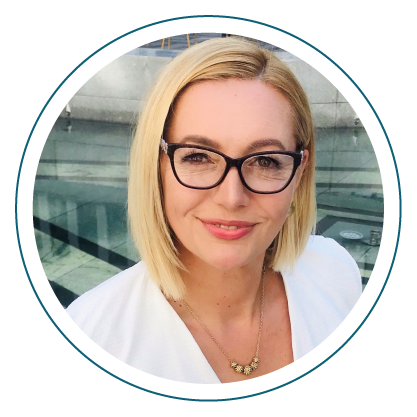
Aleksandra Gren

Krzysztof Nowakowski
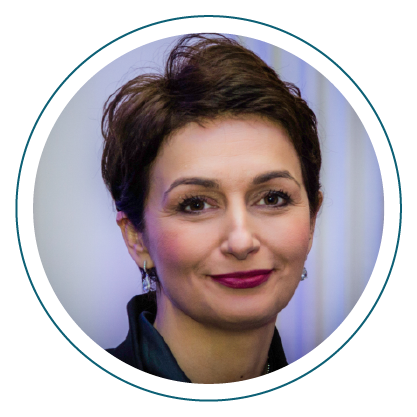
Anna Potocka-Domin

Dominika Sadowska
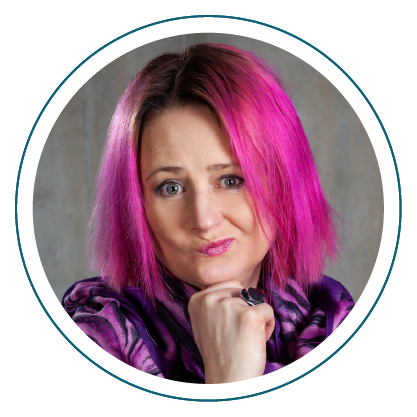
Dr hab. Katarzyna Śledziewska
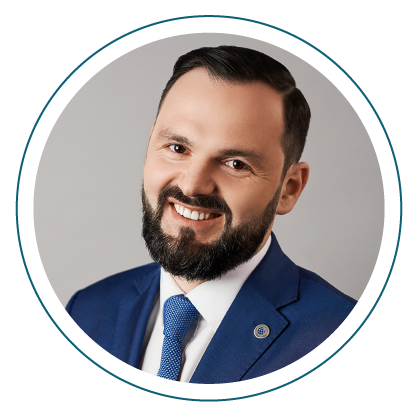
Kamil Wyszkowski
Dla kogo konkurs
Konkurs skierowany jest do wszystkich podmiotów, niezależnie od wielkości i poziomu ich zaawansowania na drodze do różnorodności. Kandydatami mogą być spółki lub inne organizacje prowadzące działalność gospodarczą z siedzibą na terytorium RP.
Zgłaszane inicjatywy muszą być inicjatywami realizowanymi w polskich podmiotach (np. oddziałach spółek zagranicznych). Opisane działania DEI mogą być rozpoczęte i zakończone przed datą rozpoczęcia Konkursu lub muszą zostać rozpoczęte przed datą rozpoczęcia Konkursu i wciąż być realizowane.
Udział w Konkursie jest bezpłatny i otwarty dla wszystkich zainteresowanych podmiotów, które w ustalonym terminie poprawnie wypełnią formularz w formie elektronicznej.
Wypełnij formularz
Okres składania wniosków: 24 maja 2023 – 30 czerwca 2023 r.
Zgłoszenia: poland@30percentclub.org

